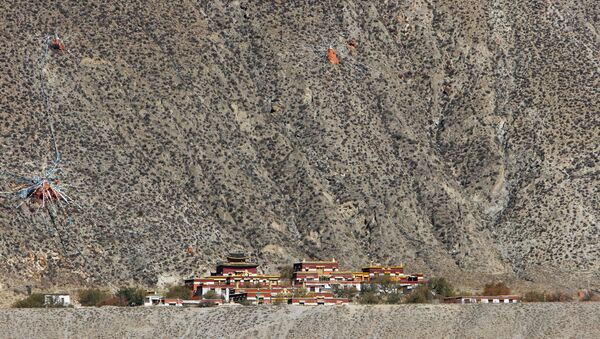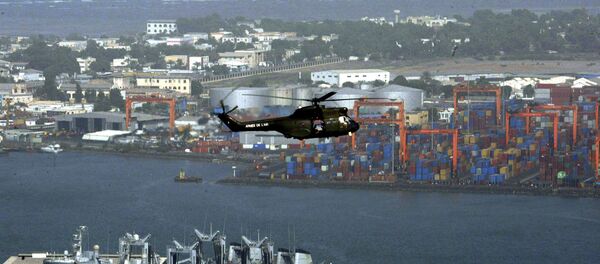The Tibetan Plateau, the world's largest and highest, is surrounded by massive mountain ranges and often referred to as the ‘world's third pole' because it contains the biggest ice fields outside of the Arctic and Antarctic. It covers a vast area of more 2.5 million kilometers and could make the biggest national park on the planet, if the project lives.
Skeptics question the feasibility of the project, claiming that such a park would be impossible to manage due to its unprecedented size. Professor Liu Jingshi, researcher with CAS's Institute of Tibetan Plateau Research, said it took the US government decades to figure out how to manage Yellowstone, which is approximately 250 times smaller.
Another setback to the ambition could be the fact that the Tibetan Plateau is populated with some 7.8 million native Tibetans. By establishing a national park on the territory, the government of China would limit a wide range of economic activities there and might request the relocation of some residents.
"Some people will lose their jobs. The lives of many may be affected," said professor Yi Chaolu, another researcher with the Institute of Tibetan Plateau Research.
"To establish the park or not may go beyond science. It is also a political issue."
But the park would protect the headwaters of Asia's three longest rivers. The Yangtze, Yellow and Mekong rivers, all originating on the Qinghai-Tibet Plateau, eventually flow for a combined length of more than 16,500 km.
A Chinese saying claims that, "Tibet's water will save China." Tibet's rivers form a lifeline for millions of people downstream in China, India and other Asian countries.
"It will also help the implementation of ‘One Belt, One Road,'" a Chinese initiative to strengthen economic cooperation across Eurasia, said Dr. Wang Weicai, a researcher involved with the Third Pole Environment programme.






